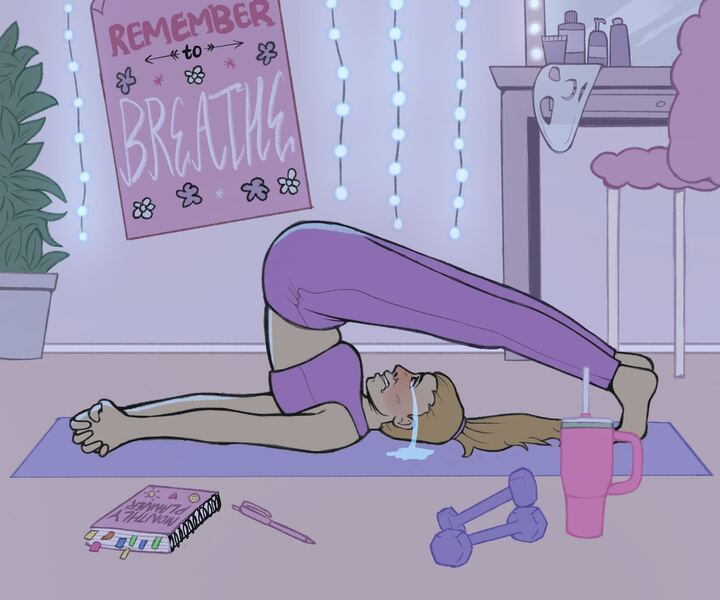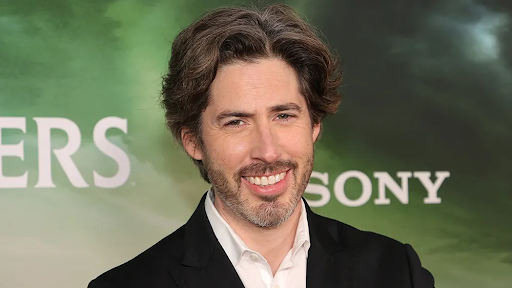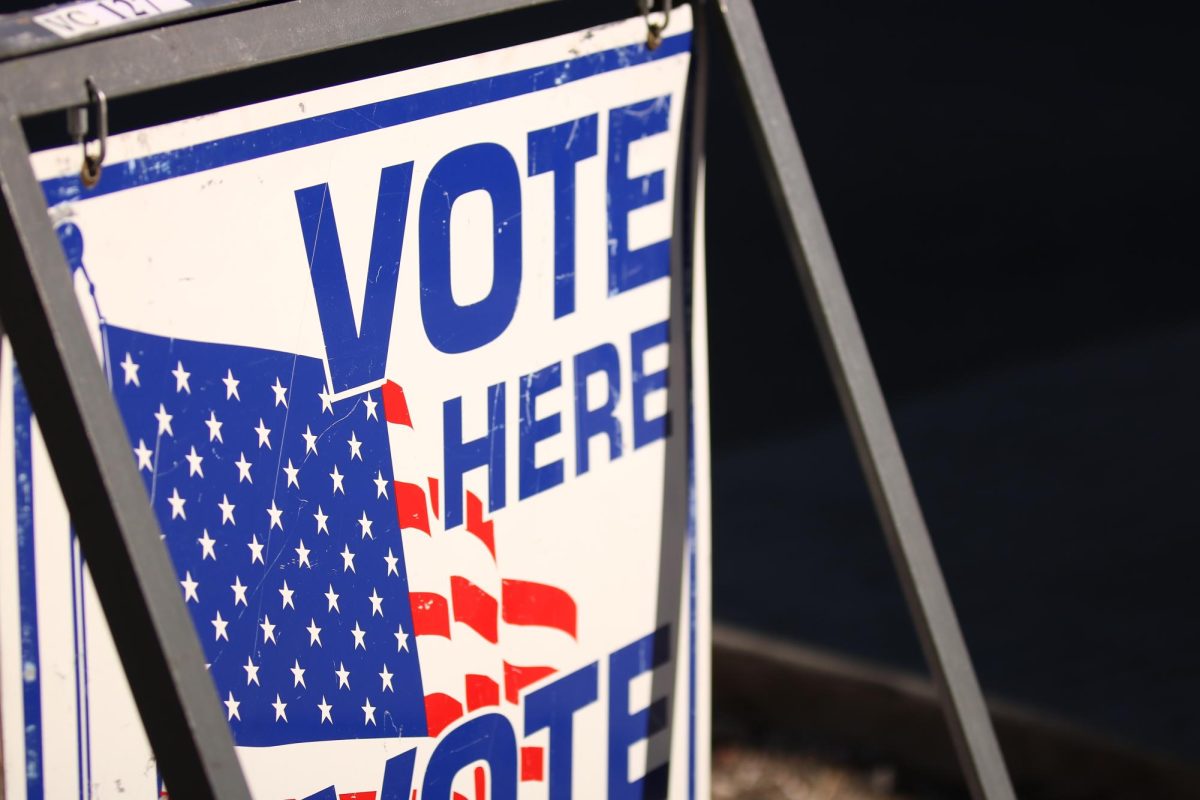Instead of babbling brooks and twittering birds, the soundscapes of today’s world are littered with podcasts, TikTok sounds, playlists to suit our every mood and unending loops of white, brown and pink noise.
I am witnessing the consequences of this firsthand.
On the way out of my 9 a.m. class a few semesters ago, I spotted a student wearing a shirt with art by Ettore DeGrazia, who is one of my favorite artists. The shirt-wearer was walking in my direction, so I complimented him as we neared each other.
“I love your shirt,” I said grinning.
In return, I received a befuddled stare. As we crossed paths, shoulder to shoulder, I caught a glimpse of him reaching up to remove his earbuds. I gestured back at him as if to say nevermind and scampered away to my next class, embarrassed.
Surely there are those out there who have experienced a similar phenomenon. On the verge of complimenting a stranger, or calling out to a friend, you realize that they have their earbuds in. It would be awkward to pull them out of their immersive little audioscape.
I was once firmly in that same camp of people that go absolutely everywhere listening to something. The minute I left class, I popped my earbuds in. While I felt like the coolest person on the planet, I was also the only person on the planet.
In October of 2023, I officially diagnosed myself as an audio addict and checked myself into a self-guided rehab center. I dropped by headquarters (located in my apartment) to fill out my intake form. After some reflection, I identified the four main consequences of my addiction: limited spontaneous socialization, fewer moments for mental transitioning, lack of physical awareness, reduced boredom and opportunity for contemplation.
Limited spontaneous socialization
A constant stream of audio input made it much more difficult to have small interactions with others throughout the day. What may not be so obvious is that those moments actually matter.
Months before my self-diagnosis, I had read an article in the New York Times about the importance of what are called “weak ties” or “peripheral ties.” These are the kinds of connections with people that we don’t necessarily know very well but that we still run into regularly: your mailman, your bartender, that one person you always recognize on the way to class. The article cites a number of studies, one involving conversations with baristas in Vancouver, British Columbia, another was concerned with shuttle bus drivers in Ankara, Turkey. On the whole, research supports the idea that having a high number of daily interactions with so-called “weak ties” is a stronger predictor of happiness than a high number of daily interactions with “close ties.”
It quickly became clear to me that what I had considered to be trivial conversations were actually important components of leading a happy life. Near constant audio stimulation was preventing those conversations from happening, though.
After my mindset shifted, I began to joke with cashiers and compliment strangers. Now I smile more often.
Fewer moments for mental transitioning
The second consequence of my addiction was a problem of mentally transitioning from one space to the next. With my earbuds in and my rage-beats blasting, there was no way for me to mentally prepare myself for my next class or task of the day.
My brain was on auto-pilot while I was on the move. As such, I would arrive at my next destination, be it work or class or lunch with a friend, pull out my earbuds and still be stuck thinking about my previous activity of the day, when I really ought to have been focused on the task at hand. Not only was I not fully present to engage with important moments of my friends’ lives, but I was also becoming only a partial participant in my own life; half of my heart was with me – and the other half dragged behind, like a rock tied to a leash.
After changing this habit, I gained a spurt of emotional energy and openness. Now, when my friends want to talk about their day, I have the mental capacity to listen.
Lack of physical awareness
Closely tied to this second consequence is a lack of physical awareness. I was completely absent from my body and from the physical spaces that I was inhabiting. I thought of my body as an entity entirely separate from my mind.
I couldn’t recall which path I had walked to get from the Richard A. Harvill Building to the Main Library, nor did I take notice of the pain in my right knee. My only moments of combined physical and mental presence were at night, when I was in bed, about to go to sleep – probably the only point in my day when I was not receiving some sort of direct audio stimulation.
What I needed was to be more mindful.
For at least a decade now, science has assured us that mindfulness and meditation are incredibly beneficial, decreasing stress and perhaps even improving physical health outcomes, research which still holds today. Mindfulness meditation in particular is said to require a certain awareness and attention to the present moment, something that I was clearly not doing enough of.
I found that even just a little bit of mindfulness and meditation had the ability to change me. Now I am less frazzled and more cognizant of my day-to-day circumstances.
Reduced boredom and contemplation
The final consequence was simply that I wasn’t able to think the way I used to. I remembered wandering around and having fanciful thoughts when I was younger, considering the possibilities of the coming day. When I was bored, I could always come up with something new and interesting to try. Now, the set of circumstances that would allow boredom to develop were not even present anymore. Worse yet, I couldn’t even think of fun things to do when I tried! It was as though I had entirely lost my creative ability, along with my ability to broadly contemplate life and to thoughtfully engage with anything presented to me.
When I finally began my audio detox, I would walk to work at 6 a.m. and hear – well, nothing. Drowned out by auditory input for so long, my brain was still, its gears rusted in place. When those gears began to churn again during the detox, it created its own chatter to fill the silence. Inadvertently, I began to ruminate about that assigned reading for Wednesday’s class, or consider how I might tailor that oversized pair of pants I had recently thrifted.
Now I have found that my brain, when left to its own devices, can do amazing things – I was just denying it the opportunity to engage itself.
Unfortunately, even after my detox, I still can not expand my silent spaces very far beyond my own immediate sphere; a whole host of businesses that I frequent play music, at varying volumes, for their customers: local coffee shops, my climbing gym, the grocery store. Public events also often play music – even when they are being hosted outdoors.
It’s not just about how noisy modern society is. It’s also about how quiet it is, and how we value certain sounds above others. We deliberately choose to employ a more agreeable sound to drown out a less agreeable one, like the sound of our own thinking, or the sound of a potentially awkward conversation with a stranger. In this way, we cut ourselves off from that which makes us uncomfortable, while simultaneously denying ourselves the opportunity for something wonderful to happen.
While I still absolutely adore stomping around campus with some rage-beats blaring, or frolicking to my afternoon study spot to the tune of a good mandolin arrangement, or even pondering life questions while listening to my favorite podcast, I have also incrementally come to realize that I owe music a dedicated place in my life. When I listen to a never-ending stream of music, it becomes less and less meaningful with each passing song, and each song represents a lost opportunity to take in the sounds of nature and the people around me.
I want to return to a world where sound means something. Audio addiction enabled me to be complacent; it became easier to accept a lackluster form of existence. I could move from space to space without thinking. I could avoid social interactions that made me uncomfortable. I could limit and control what came in and out of my life.
Now, I strive for intentionality; I allow the rest of the world to be a part of my life.
Follow the Daily Wildcat on Instagram and Twitter/X

Fiona Sievert is an undergraduate at the University of Arizona double majoring in Anthropology and East Asian Studies with a minor in German Studies. She loves languages, wearing funky outfits, and (occasionally) being a dirtbag in the great outdoors!















